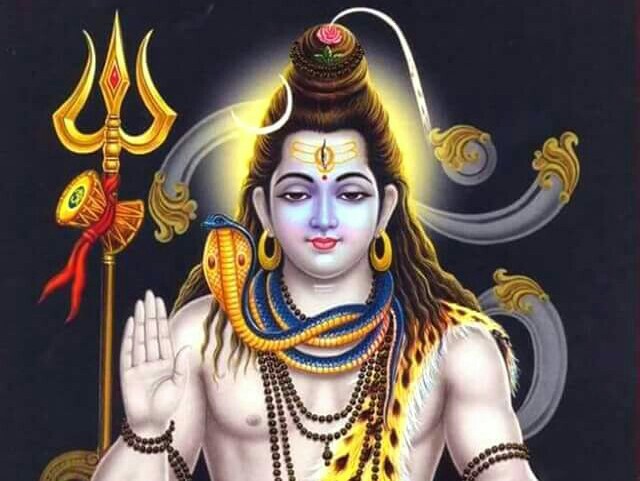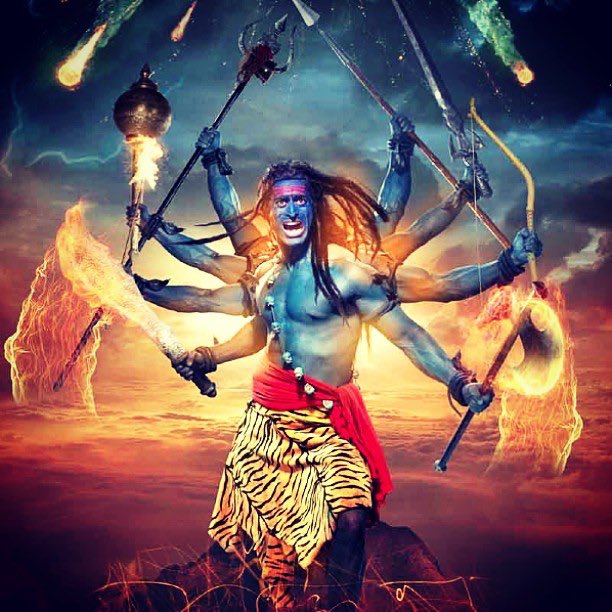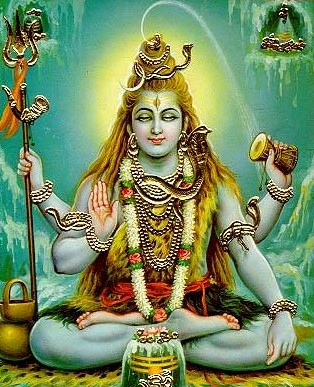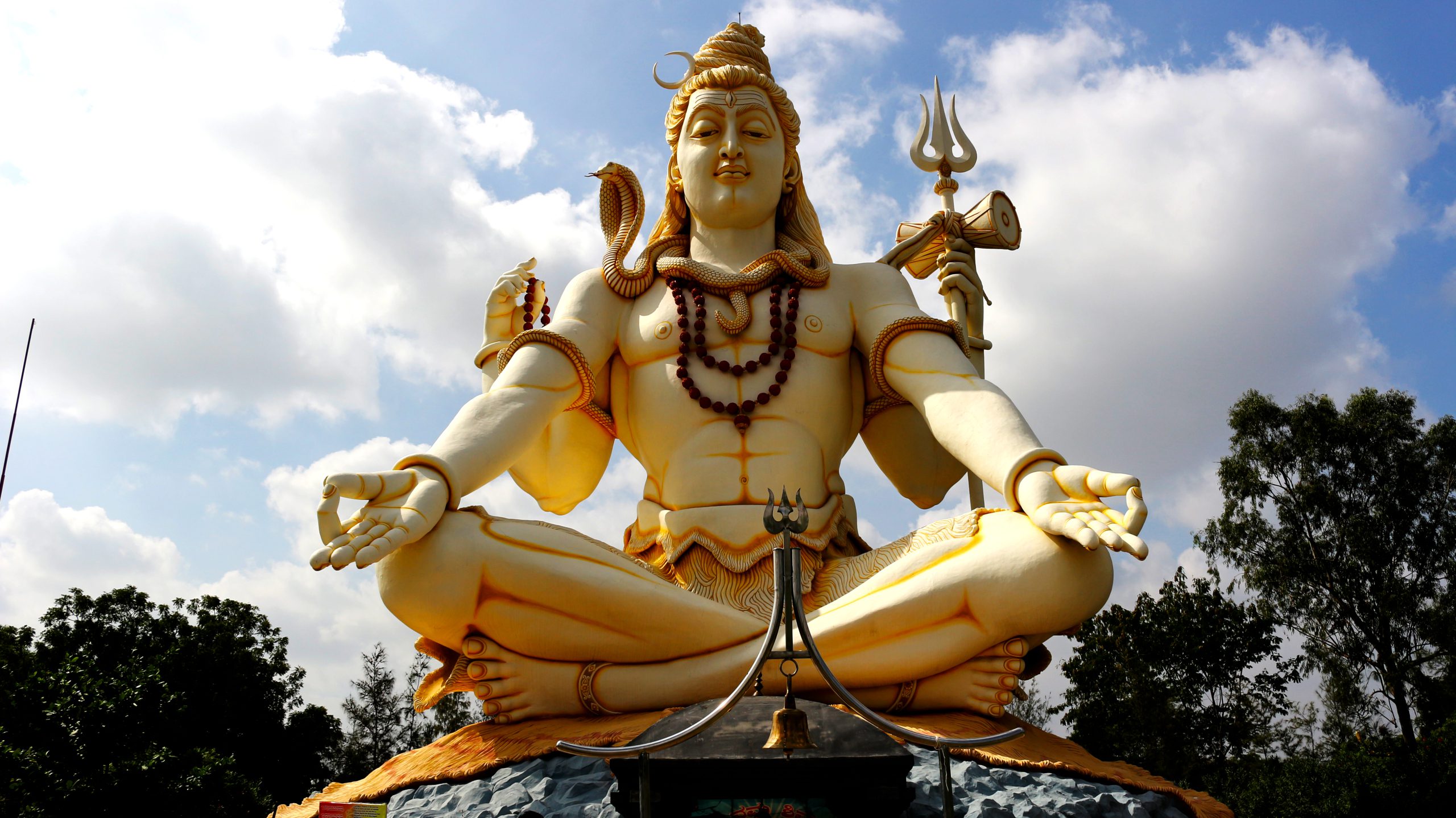About Shiva
Lord Shiva is a prominent deity in Hinduism and is considered one of the principal gods in the Hindu trinity, alongside Brahma (the creator) and Vishnu (the preserver). Shiva is often referred to as “The Destroyer” in the trinity, but this destruction is seen as a necessary part of the cycle of creation, preservation, and dissolution. || Har Har Mahadev ||
Avatars of Lord Shiva
Devotees of Lord Shiva, known as Shaivas, worship him in various forms, and he is a central figure in many Hindu scriptures, including the Vedas, Puranas, and the epic Mahabharata. In Hinduism, Lord Shiva is often regarded as the source of all existence and is beyond birth and death. However, there are certain manifestations or avatars associated with Lord Shiva that highlight specific aspects of his divine nature.
11 Rudra avatars of Lord Shiva
The 19 avatars of Lord Shiva
It’s important to note that while these are recognized manifestations or forms associated with Lord Shiva, the emphasis in Shaivism is often on the formless and transcendental nature of Shiva as the ultimate reality (Brahman). Devotees may choose to worship Lord Shiva in any of these forms based on their personal preferences and spiritual inclinations.
Latest Articles
The Samudra Manthan, or the Churning of the Ocean, is a significant episode in Hindu mythology, and it is described in several ancient texts, including the Shiv Purana. The story revolves around the Devas
Ahirbudhnya is a lesser-known avatar of Lord Shiva, and the mention of this avatar can be found in some regional and sectarian texts within Hinduism. The details and significance of Ahirbudhnya Avatar may vary
Chanda Rudra Avatar is one of the various incarnations of Lord Shiva, which is famous in Hindu religion. The word Chanda means 'cruel' or 'fierce', and Rudra refers to a form of Lord Shiva that
Ajapaad Rudra, or Ajapaadarudra, is an ancient Rudra Avatar mentioned in the Hindu religious text 'Rigveda'. Rigveda is an ancient Sanskrit religious text written during the Vedic period. There are few verses in Rigveda regarding
Vilohit, an aspect of Lord Shiva, enriches our understanding of his omnipresence and multi-dimensionality. The name Vlohit, meaning "he who travels or pervades," signifies Shiva as the celestial voyager, the divine force transcending all realms
Among the incarnations of Gods and Goddesses that are especially highlighted in the Puranas, the fifteenth incarnation of Lord Shiva, known as 'Sureshwar', has an important place. In this incarnation, Lord Shiva incarnated to serve








